The sun dips below the Cascade Mountains, painting the Oregon sky in hues of orange and purple. You’ve been driving for hours, the hypnotic rhythm of the road turning into a heavy drowsiness. Or perhaps you’re a local, caught between housing situations, where your vehicle has become a necessary, albeit temporary, home. In that quiet moment, a crucial question arises: Can I just pull over and sleep in my car?
The answer in Oregon is more complex than a simple “yes” or “no.” It’s a patchwork of state laws, city ordinances, and unspoken rules of the road. While Oregon has some of the most progressive state-level laws regarding the right to rest, the reality on the ground can change dramatically from one county line to the next.
This guide will navigate the legal landscape of sleeping in your car in the Beaver State, from the high-level statutes in Salem to the specific regulations in cities like Portland and Bend. We’ll explore where you can safely and legally park for the night and offer practical tips for staying secure and avoiding unwanted attention.
Understanding Oregon’s Statewide Approach
Oregon stands out nationally due to a landmark piece of legislation that directly impacts anyone resting in a public space. This law provides a foundational protection that doesn’t exist in most other states.
What is the “Right to Rest” Act (HB 3115)?
In 2021, Oregon passed House Bill 3115, often referred to as the “Right to Rest” Act. This law fundamentally changed how cities can regulate homelessness. It dictates that any city or county law regulating when, where, and how people sit, lie, sleep, or keep warm and dry on public property must be “objectively reasonable.”
What does this mean in practice? It prevents cities from enforcing outright bans on sleeping in public (including within a vehicle on public property) if there are not sufficient, accessible shelter beds available for their homeless population. The law’s intent was to shift from criminalizing the act of survival to managing it in a more humane and structured way.
However, this is not a blanket permission to sleep anywhere you please. The key phrase is “objectively reasonable.” Cities can, and do, still create and enforce regulations. These typically involve:
- Time: Limiting the hours when people can rest in certain areas (e.g., no sleeping in parks during daylight hours).
- Place: Prohibiting sleeping near critical infrastructure, schools, daycares, or residential zones.
- Manner: Restricting behaviors associated with camping, such as setting up tents, lighting fires, or leaving personal property outside a vehicle.
This state law sets the stage, but the specific rules you must follow are almost always written at the local level.
Navigating the Maze of Local City Rules
The true test of legality comes down to the ordinances of the specific city or county you are in. What is permissible in Portland may be strictly forbidden in a smaller coastal town.
Major City Spotlights: Portland, Eugene, and Bend
- Portland: As Oregon’s largest city, Portland faces significant challenges with housing and homelessness. The 2023 Point-in-Time count revealed that over 6,000 individuals in Multnomah County were experiencing homelessness, with a substantial number relying on vehicles for shelter. In response, Portland’s rules are complex. While the city generally cannot ticket someone for sleeping in their car on a public street just for being homeless, they actively enforce other parking violations. You can still be ticketed or towed for exceeding the time limit (often 24 hours in one spot), parking in a prohibited zone, or having an expired registration. Enforcement tends to focus more on established encampments than on a single, discreet vehicle parked for a night.
- Eugene: Eugene has long been a center for innovative approaches to homelessness. The city and its non-profit partners, like St. Vincent de Paul, have established robust “Safe Parking” programs. These designated lots provide a legal and secure place for individuals and families living in their vehicles to park overnight, often with access to sanitation facilities and social services. Outside of these programs, Eugene enforces standard parking rules. Parking in a residential area for more than 72 hours can lead to your vehicle being flagged as abandoned.
- Bend: In the high-cost, high-tourism city of Bend, regulations are often stricter and more actively enforced. The city has clear ordinances against camping on city property or public rights-of-way, which is interpreted to include sleeping in a vehicle overnight as a form of camping. Parking enforcement is diligent, especially in downtown areas and residential neighborhoods where 24-hour parking limits are common. The expectation here is that visitors will use designated campgrounds or hotels.
Where Can You Legally and Safely Sleep in Your Car?
Knowing the rules is half the battle; finding a suitable location is the other. Here are some of the most reliable options for overnight vehicle resting in Oregon.
Public Lands and Rest Stops
- ODOT Rest Areas: Oregon Department of Transportation (ODOT) rest areas are a solid, legal option for travelers needing a break. State regulations permit parking in rest areas for a maximum of 12 hours within any 24-hour period. These areas are designed for safety and rest, are usually well-lit, and often have 24/7 restroom facilities. They are intended for transient rest, not long-term stays.
- Bureau of Land Management (BLM) and National Forests: Oregon is blessed with millions of acres of federal public land. Both the U.S. Forest Service and the BLM allow “dispersed camping” outside of developed campgrounds, which is typically free of charge. This means you can pull your vehicle off a forest service road (as long as you are not blocking traffic or damaging resources) and stay for the night. The general rule is a 14-day limit in one location. This is an excellent option for those seeking solitude and a guaranteed legal spot, but be sure to check the specific rules for the ranger district you’re in, as some areas may have fire bans or other restrictions.
Commercial and Private Property
- 24-Hour Businesses: The classic go-to for many car sleepers is the Walmart parking lot. However, this is no longer a given. Policies are now set by individual store managers, and many have begun prohibiting overnight parking due to local ordinances or issues with long-term campers. The best practice is to always call the store or go inside and ask the manager directly.
- Truck Stops and Travel Centers: Places like Pilot, Flying J, and Loves are generally among the most welcoming options. They are open 24/7, cater to professional drivers who sleep in their vehicles, and have amenities like food, restrooms, and showers. While the environment can be noisy with trucks idling, it’s typically a safe and accepted place for a car to park overnight.
- Casinos: Many 24-hour casinos, especially those in more remote areas, allow free overnight parking in their large lots. They see it as an incentive for travelers to come inside. Look for designated RV/truck parking areas and check for any posted signs.
The Final Verdict on Sleeping in Your Car in Oregon
So, is it illegal to sleep in your car in Oregon? The answer remains: it depends entirely on where you park.
Thanks to HB 3115, Oregon law prevents cities from simply outlawing the act itself. However, this statewide protection doesn’t give you a free pass. Legality is a hyper-local issue, governed by a patchwork of city codes, parking time limits, and specific zone restrictions.
For the traveler just passing through, an ODOT rest stop or a spot deep in a National Forest are your safest legal bets. For those relying on their vehicle for shelter within a city, the challenge is greater, requiring a deep understanding of local ordinances and a constant search for safe, permissible locations.
Ultimately, whether you’re chasing adventure on the open road or simply seeking a safe place to rest your head, the key is to be informed, respectful, and aware. By understanding the laws and choosing your location wisely, you can navigate the complexities of sleeping in your vehicle in the beautiful state of Oregon.






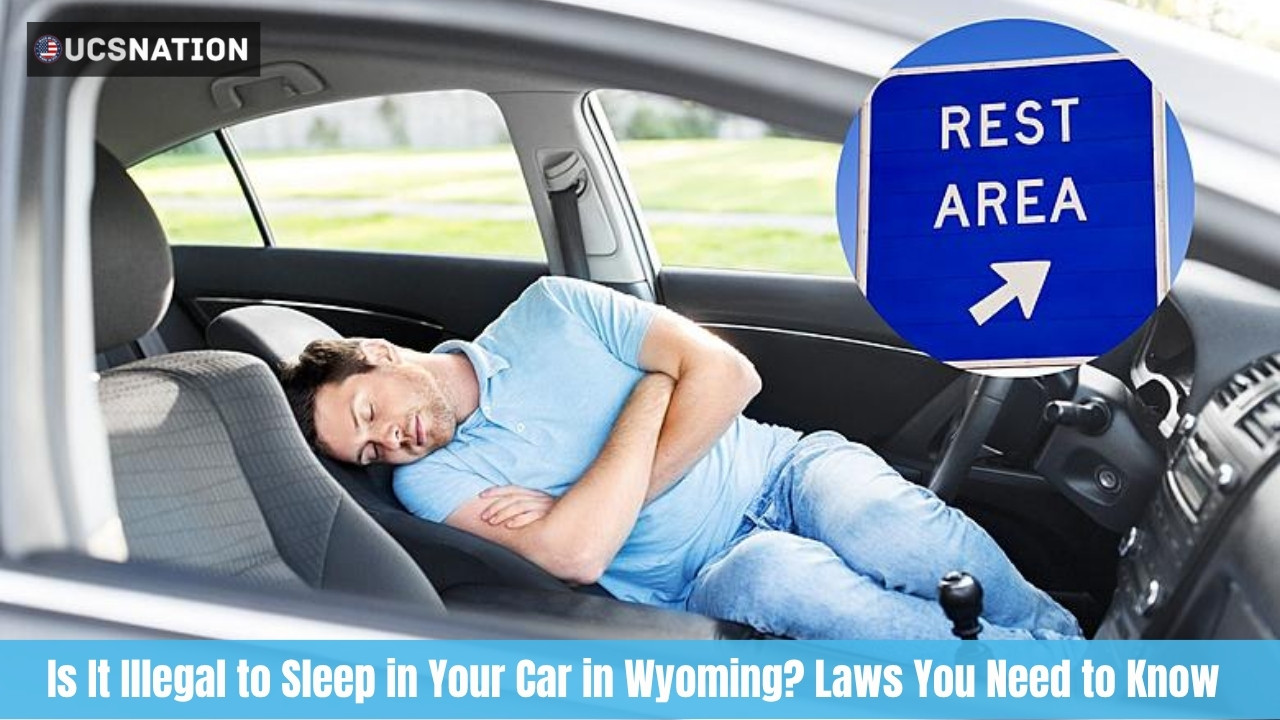
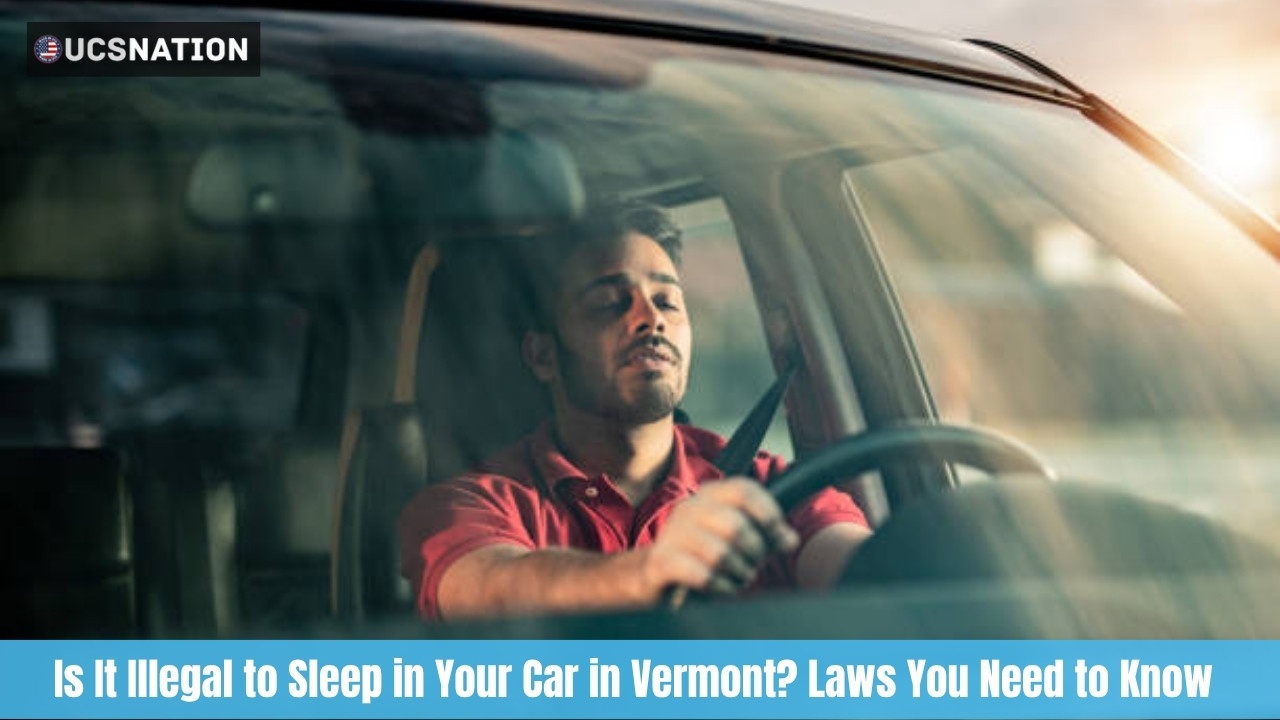
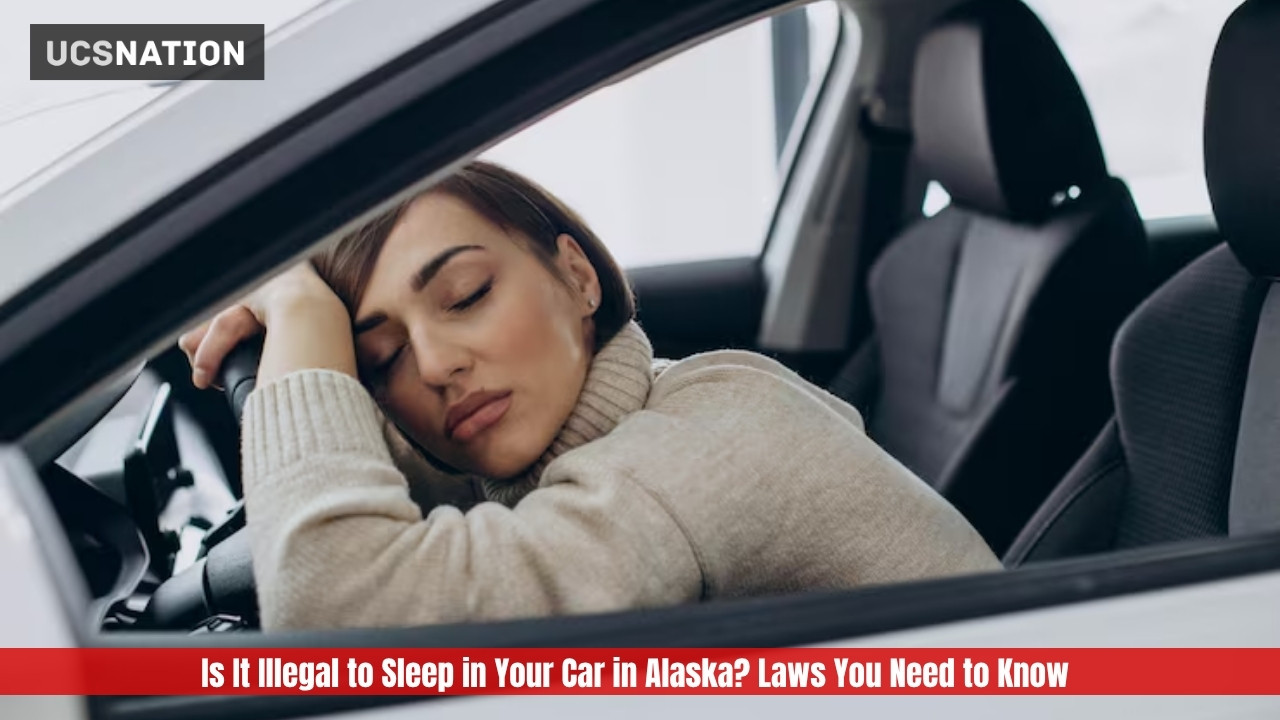
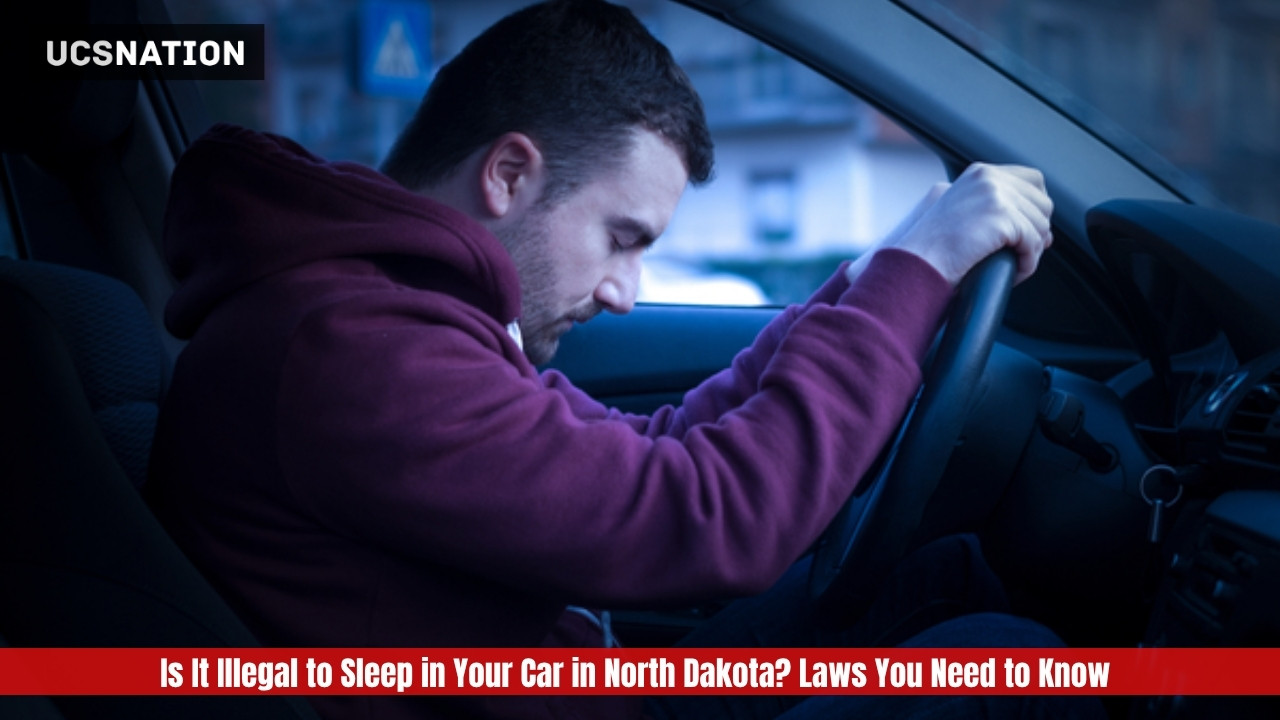
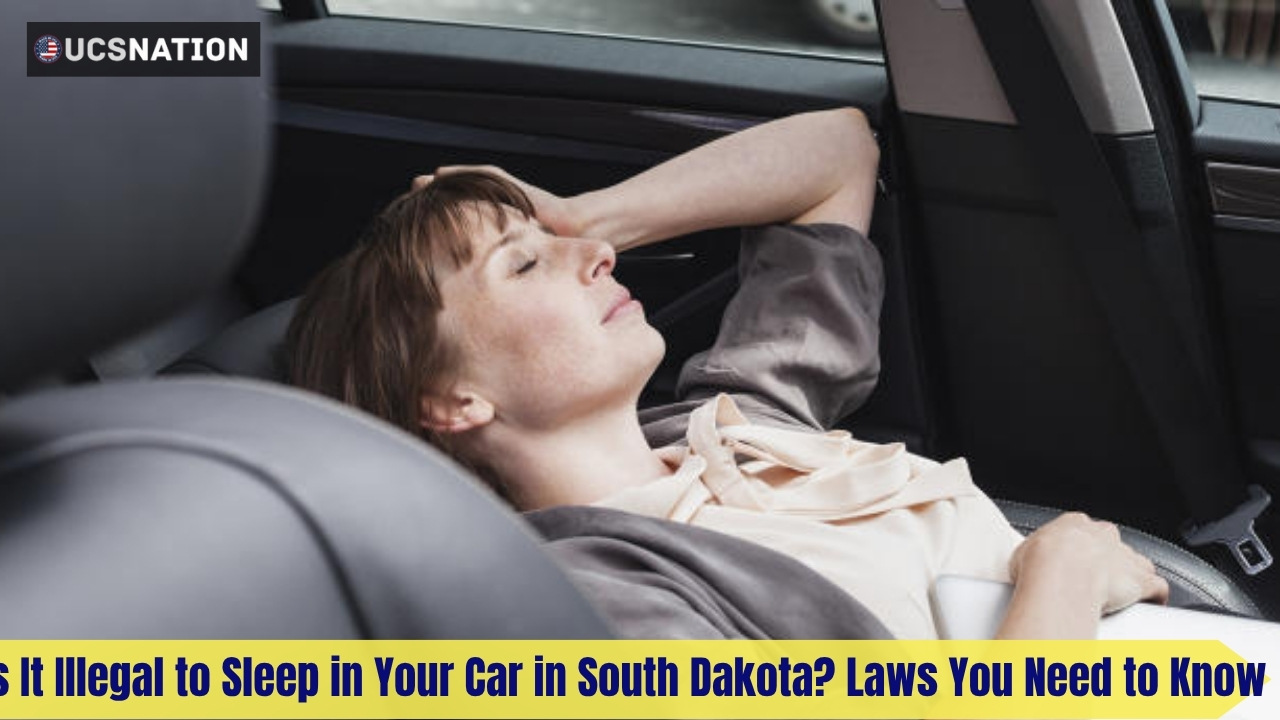




Leave a Reply